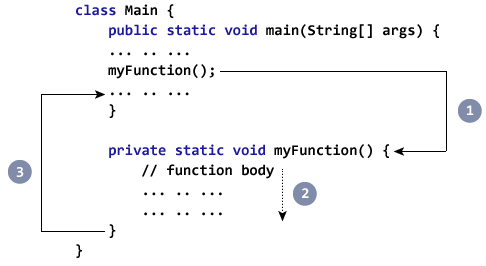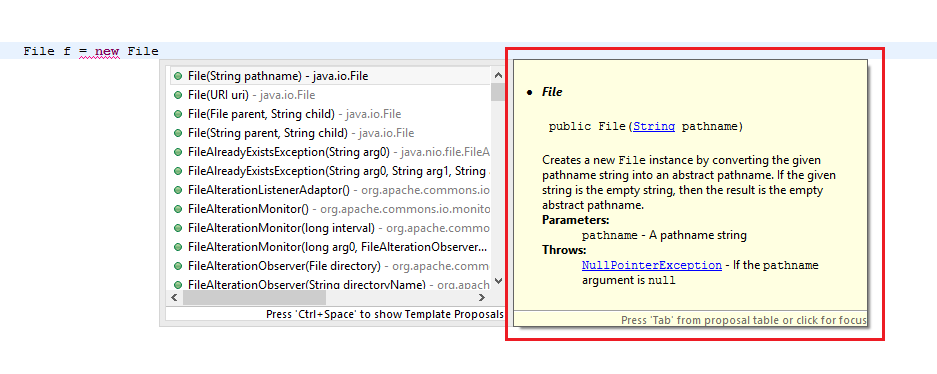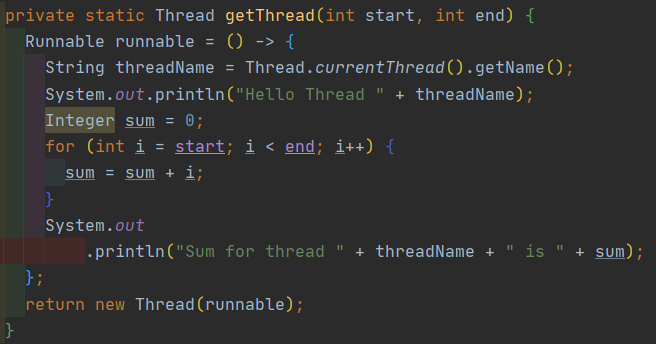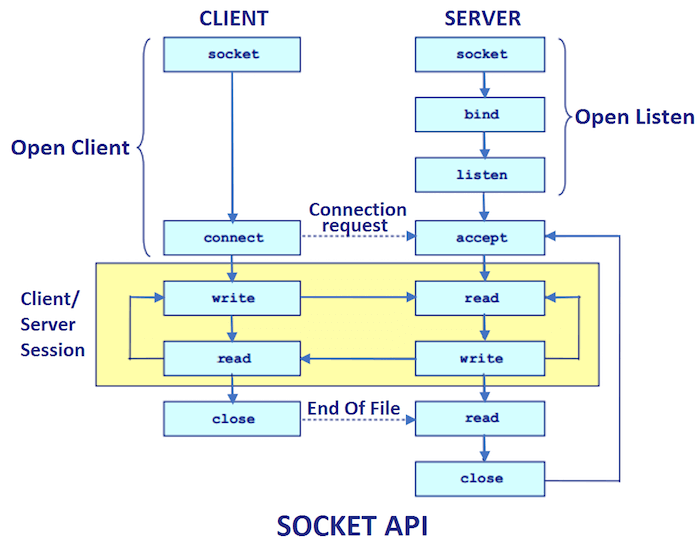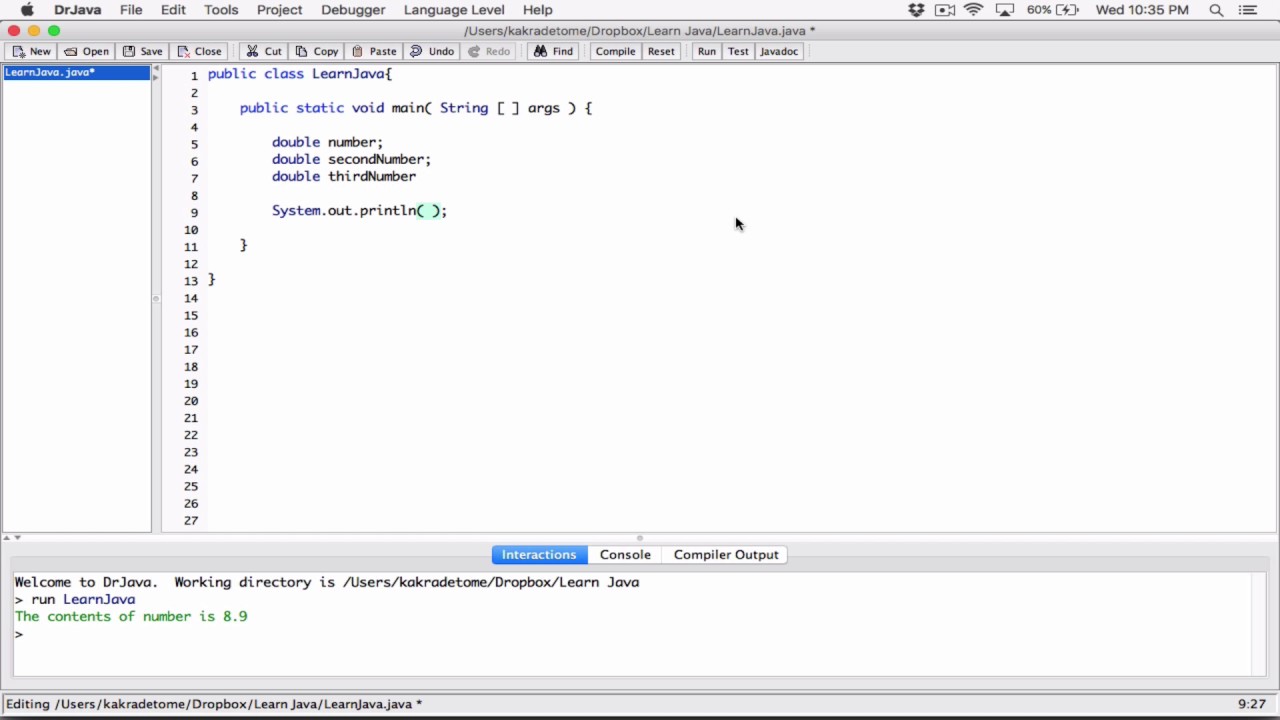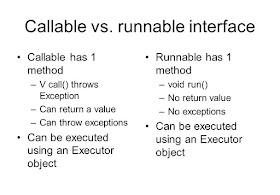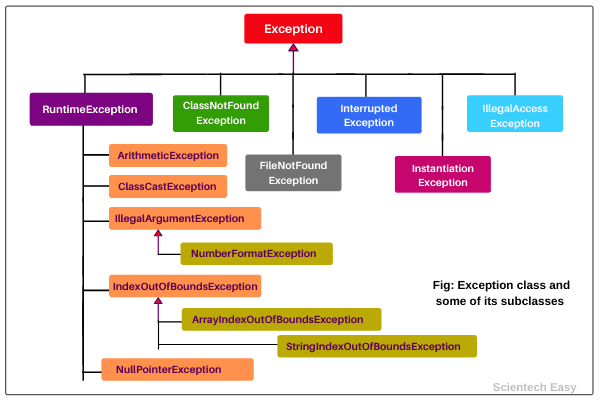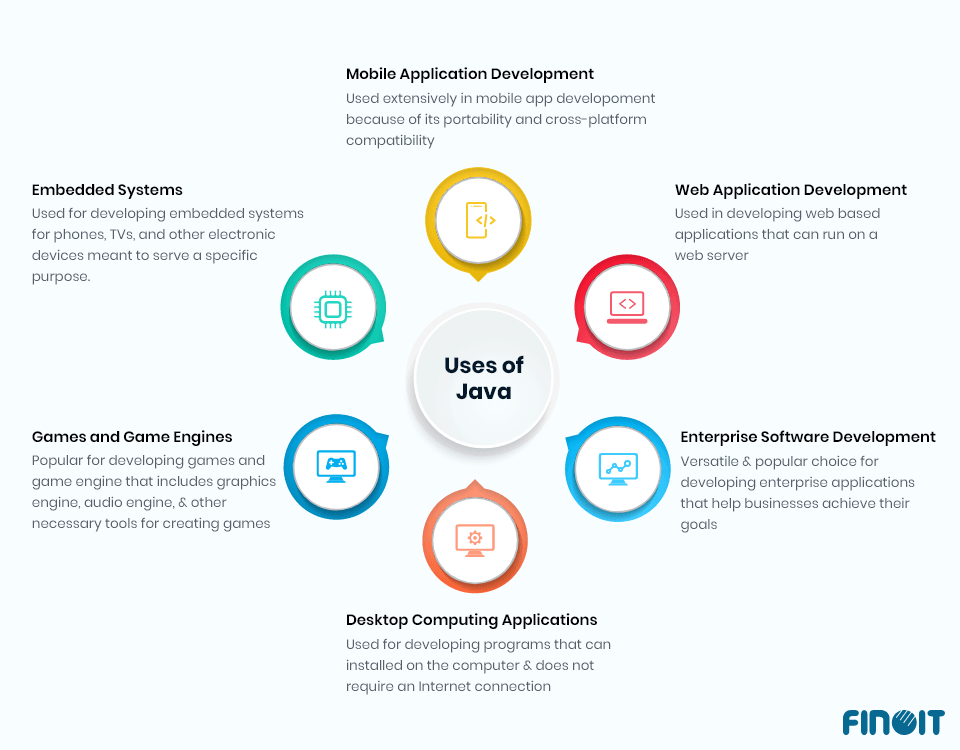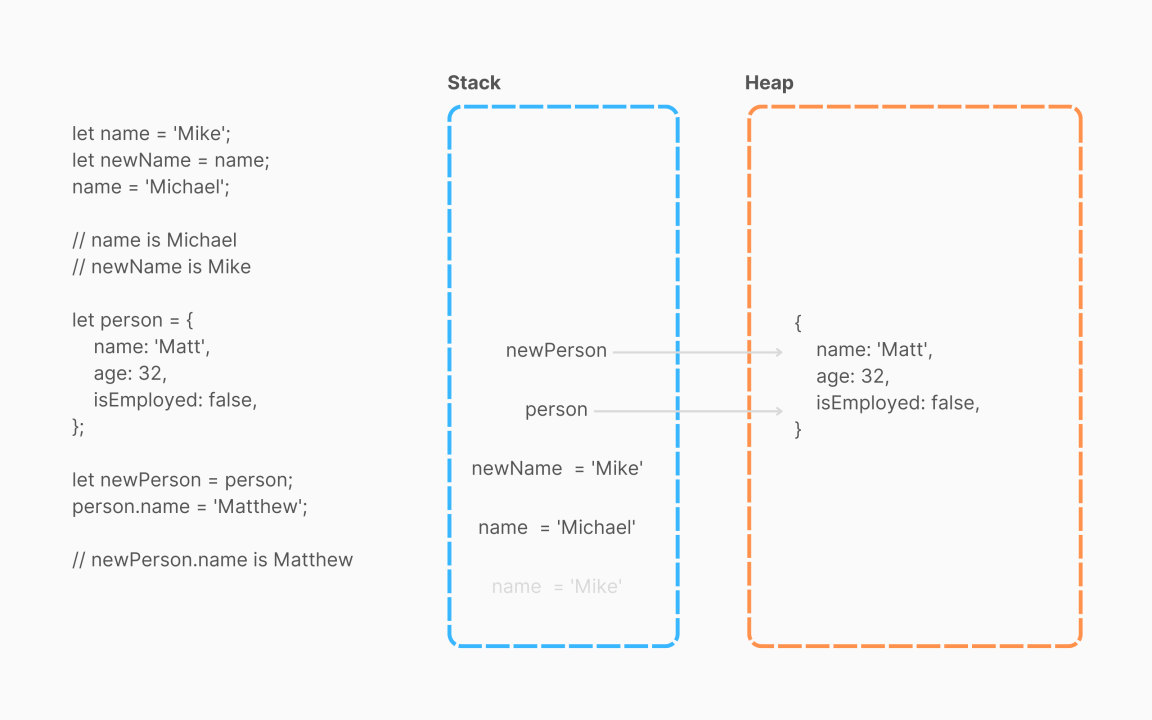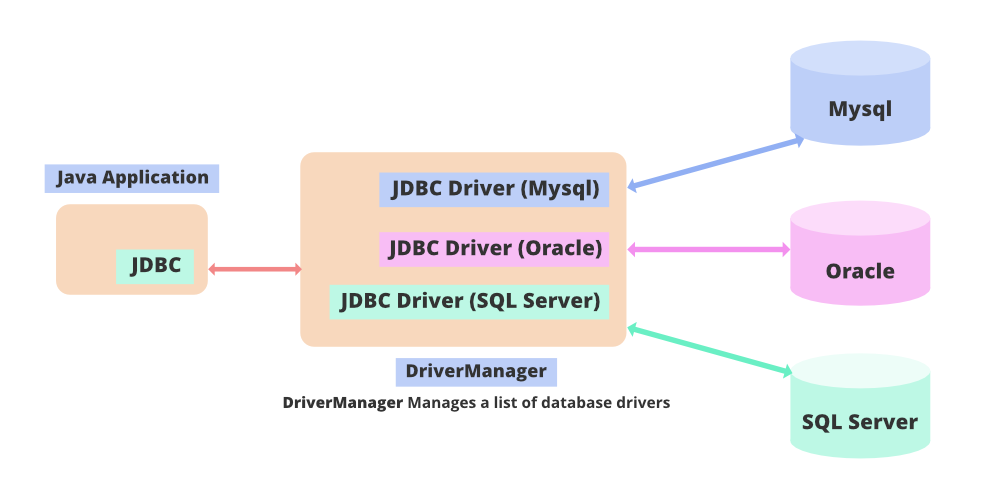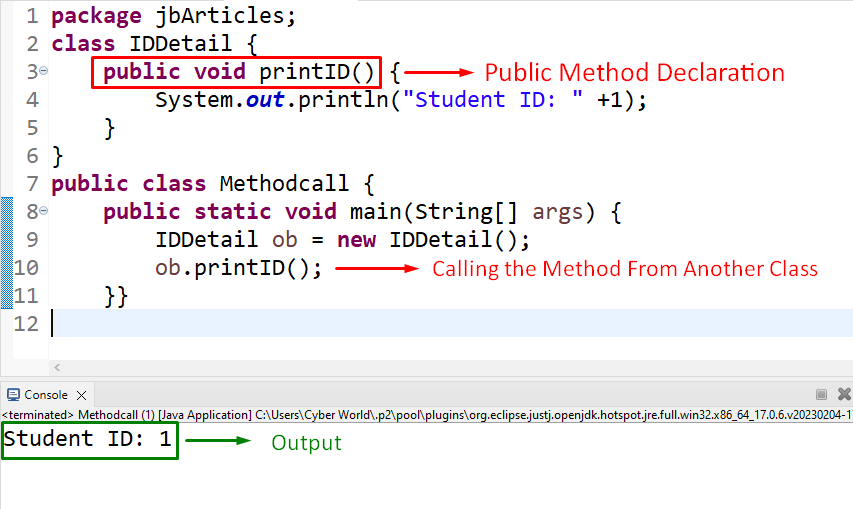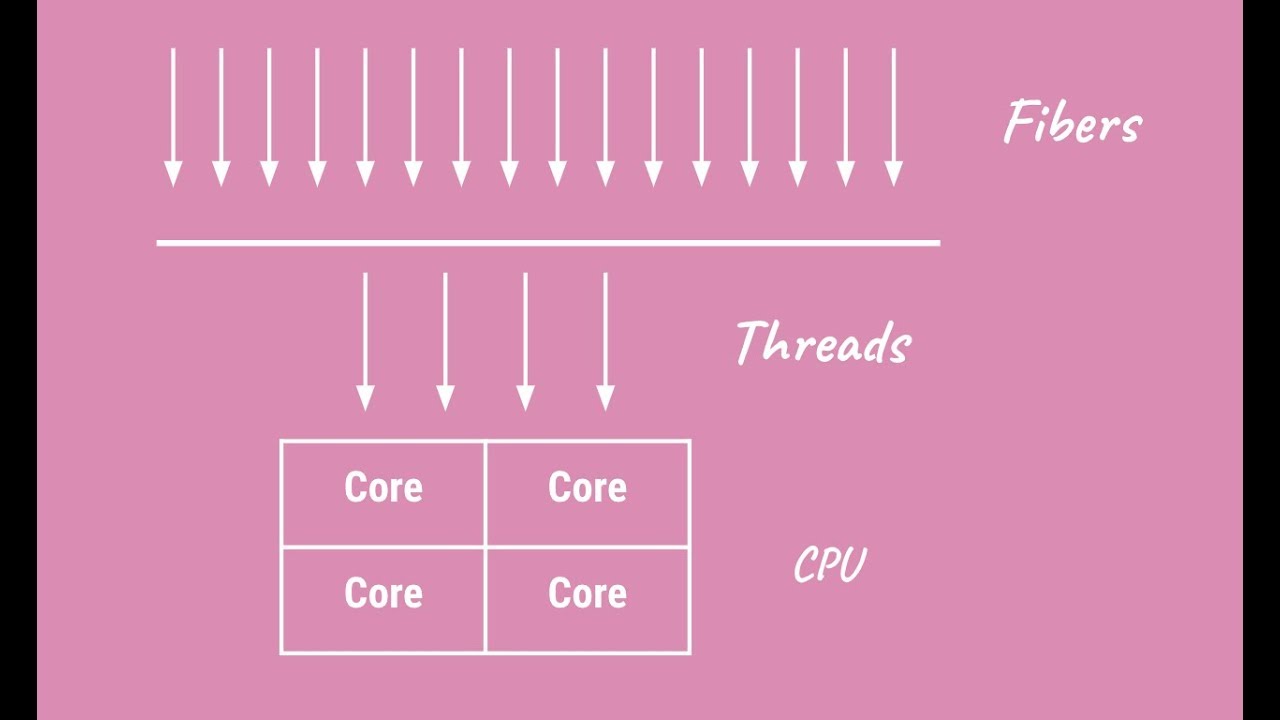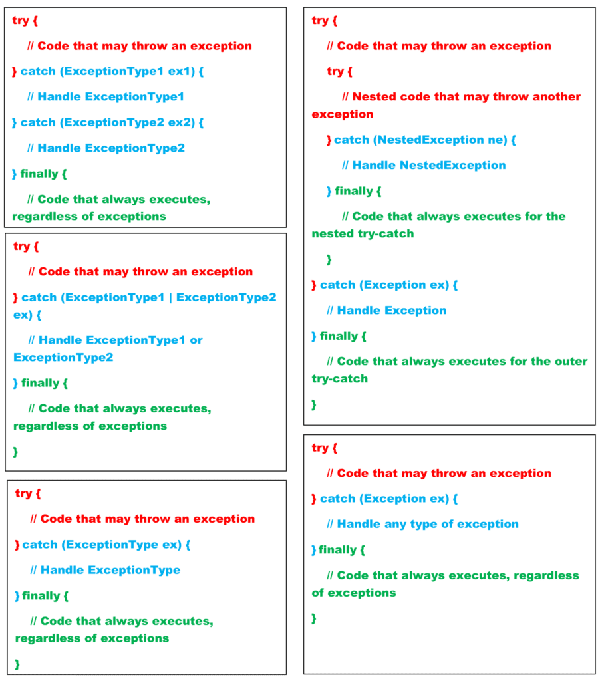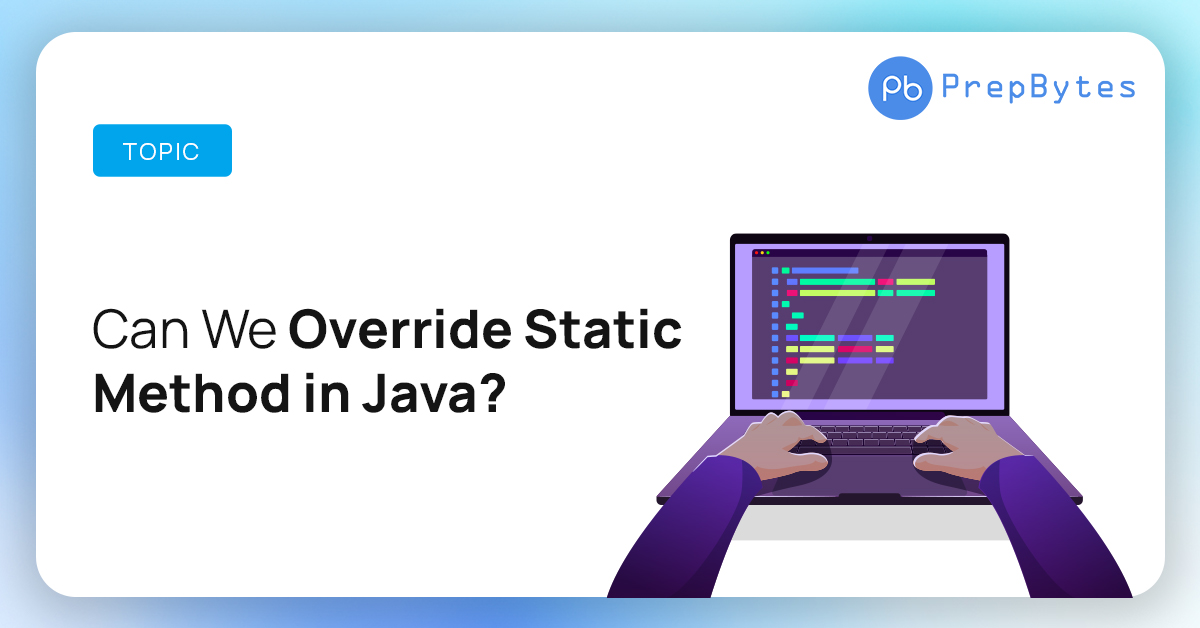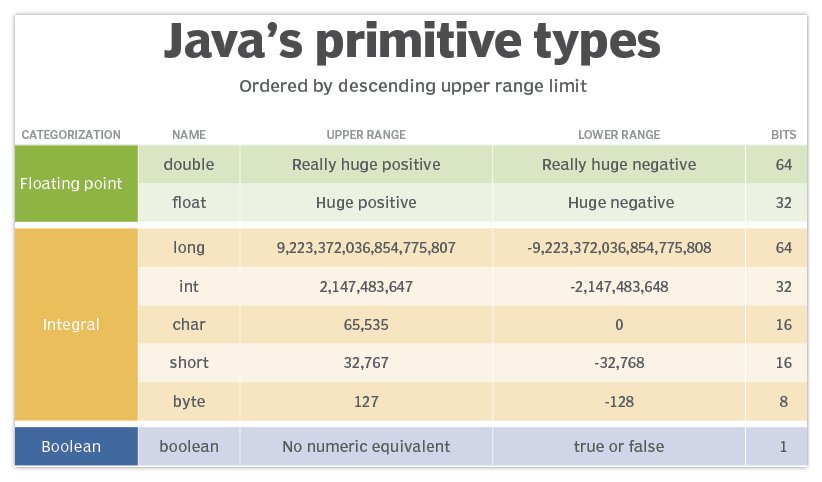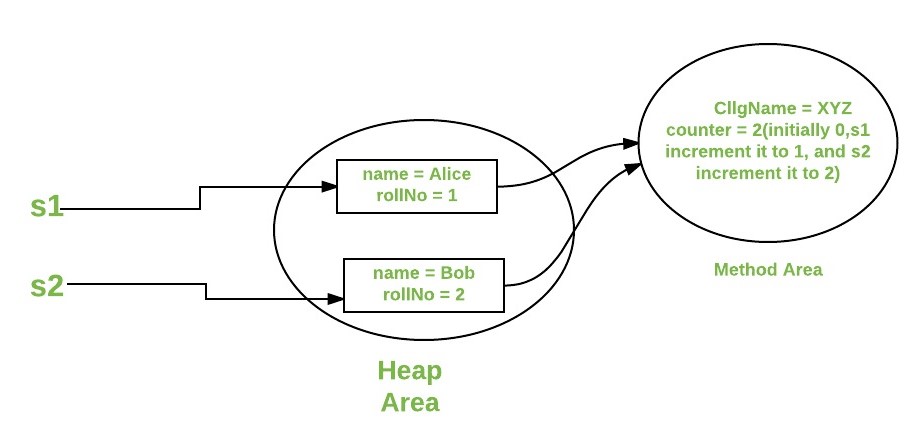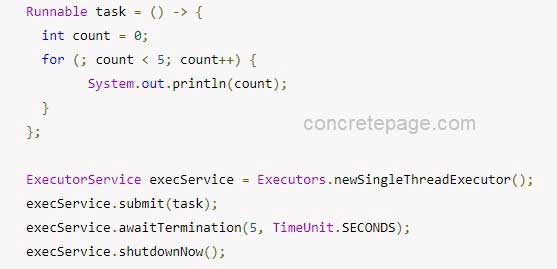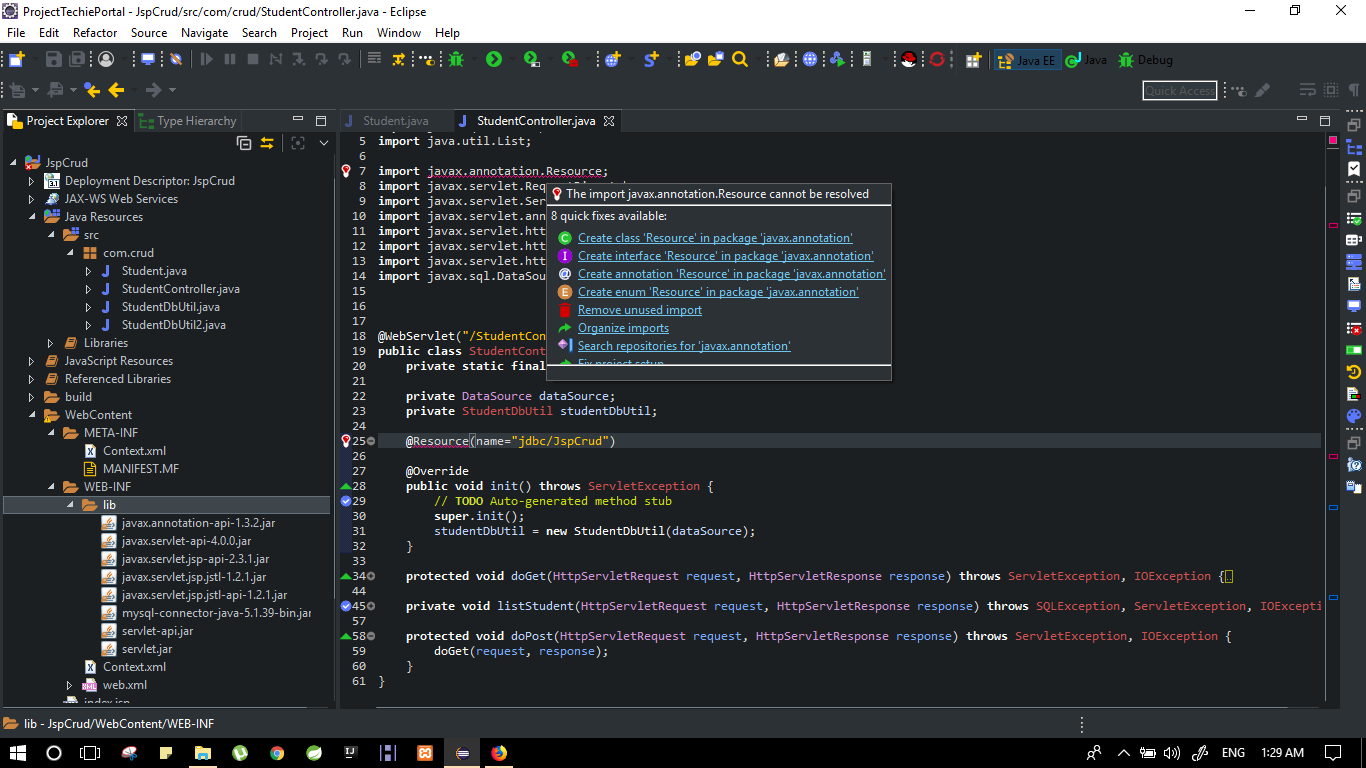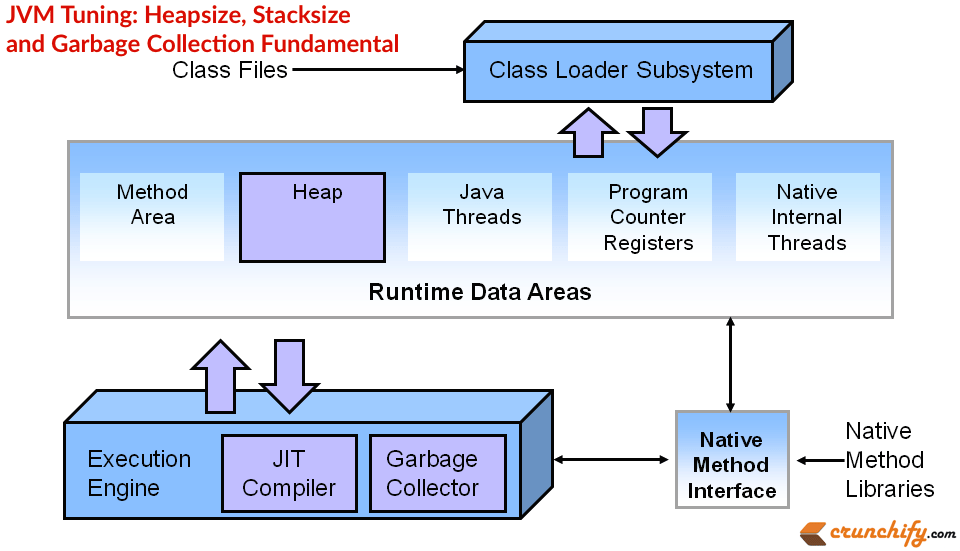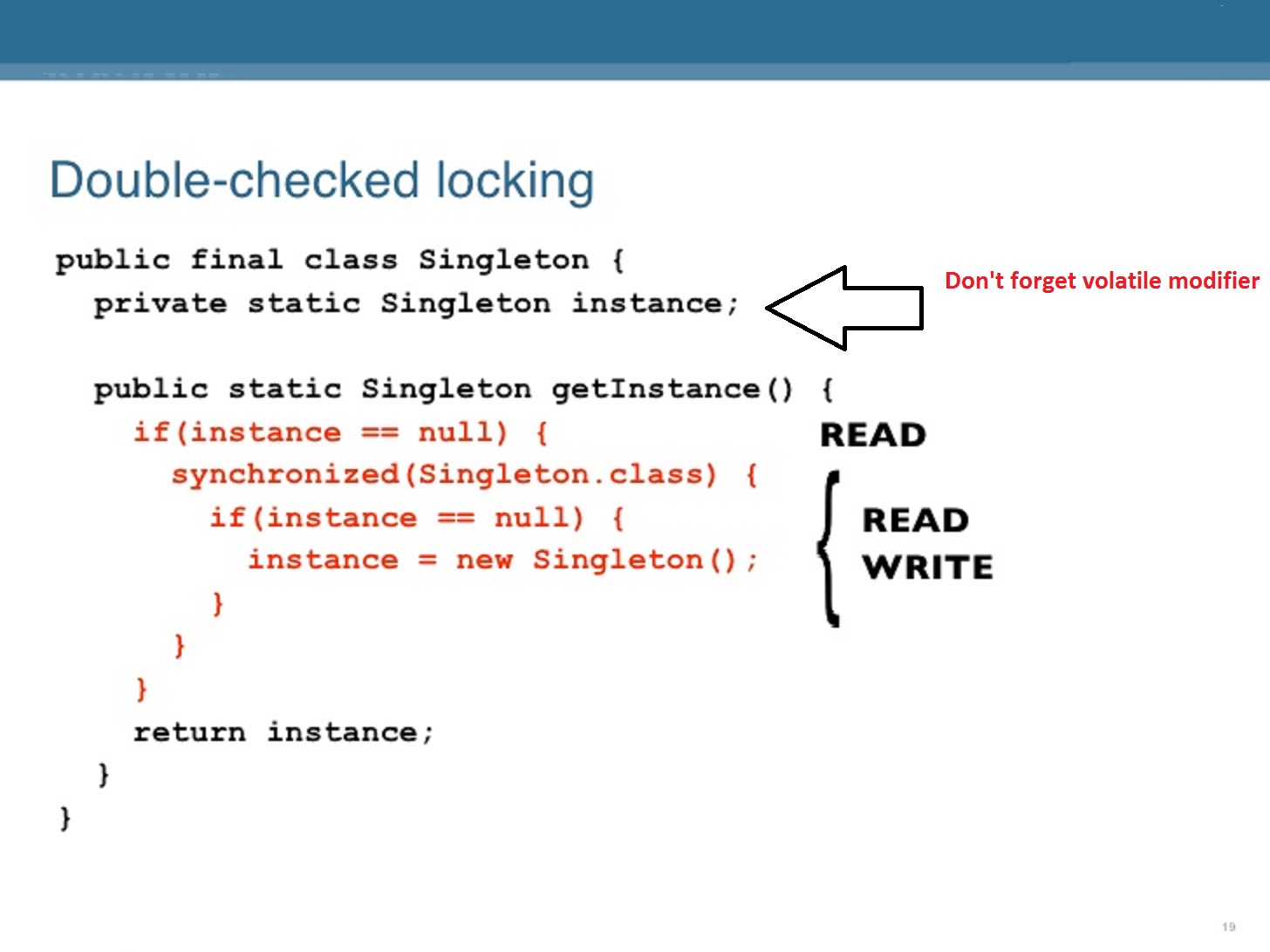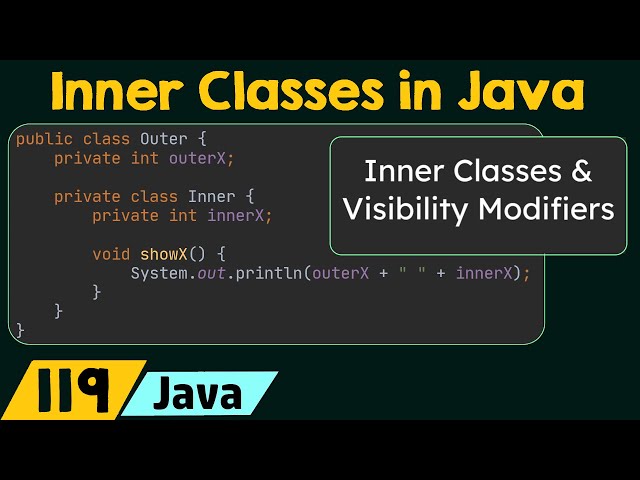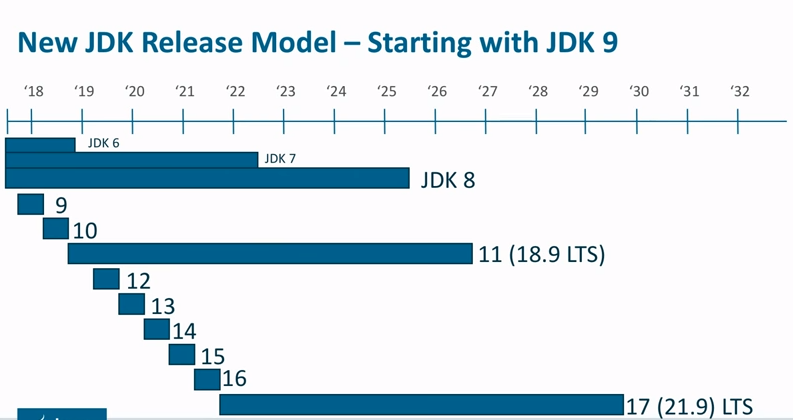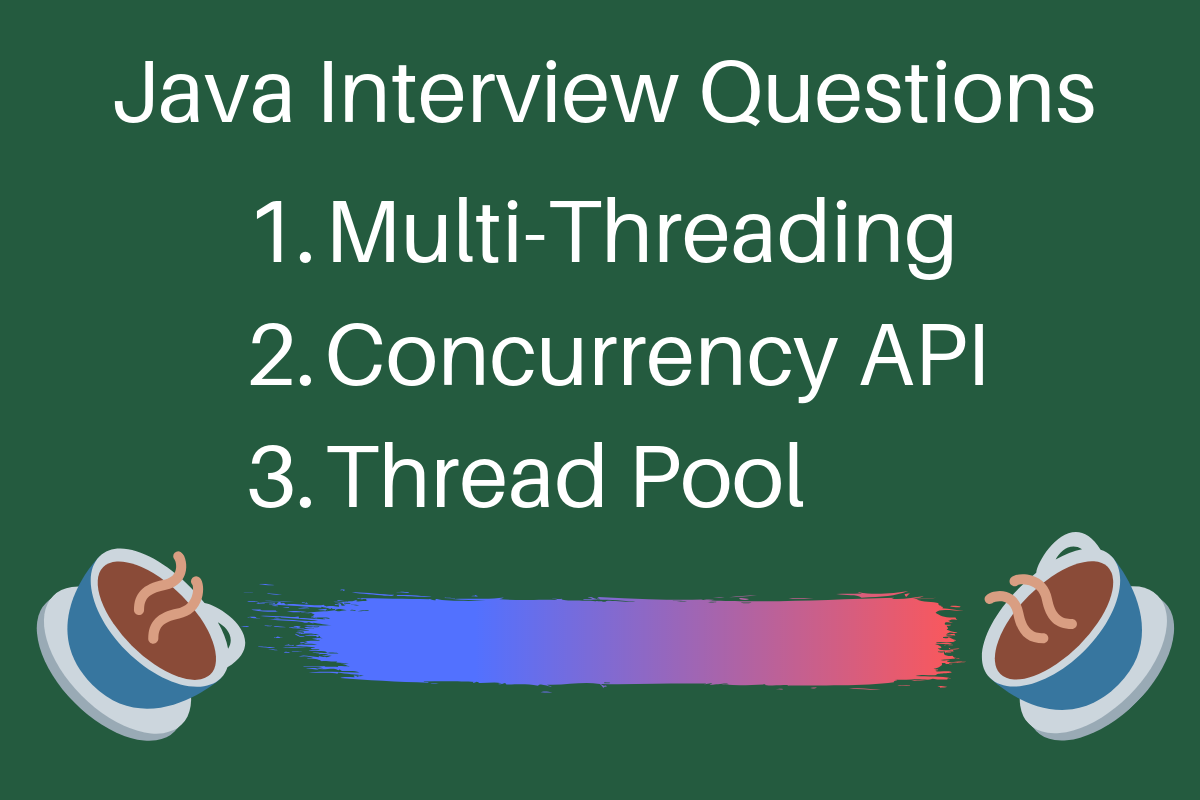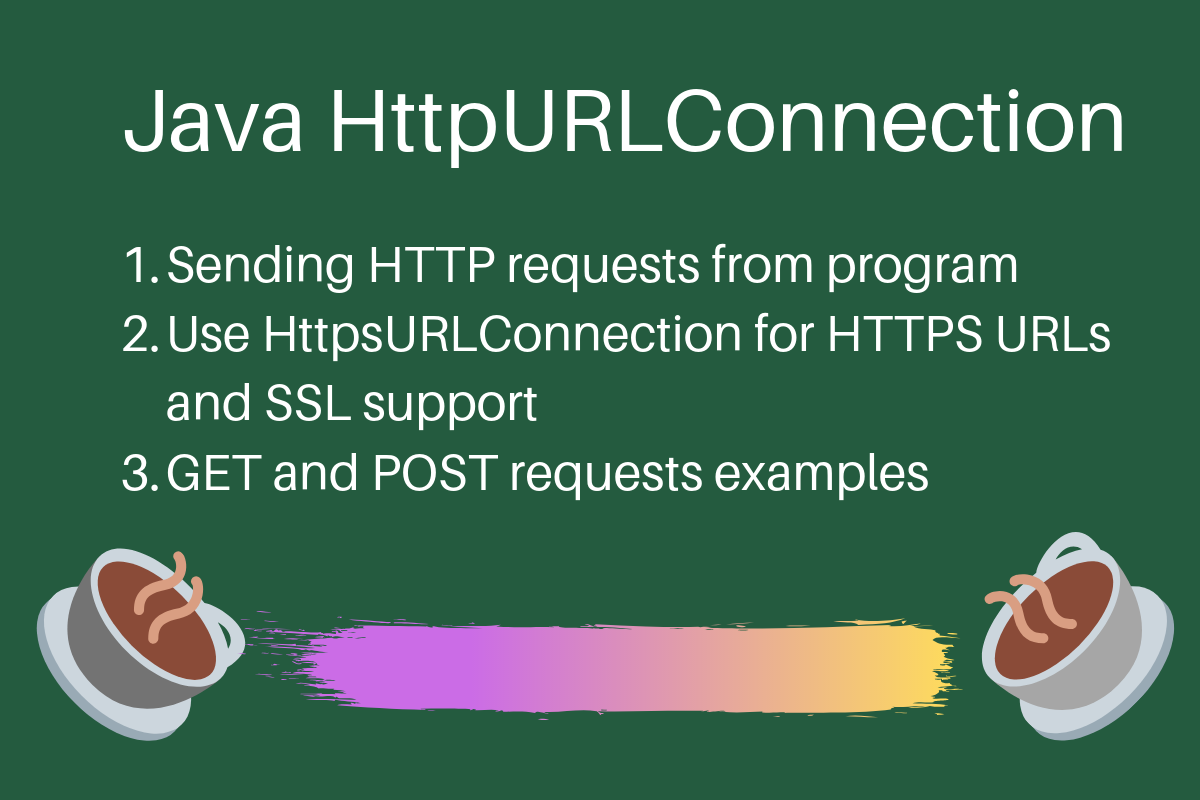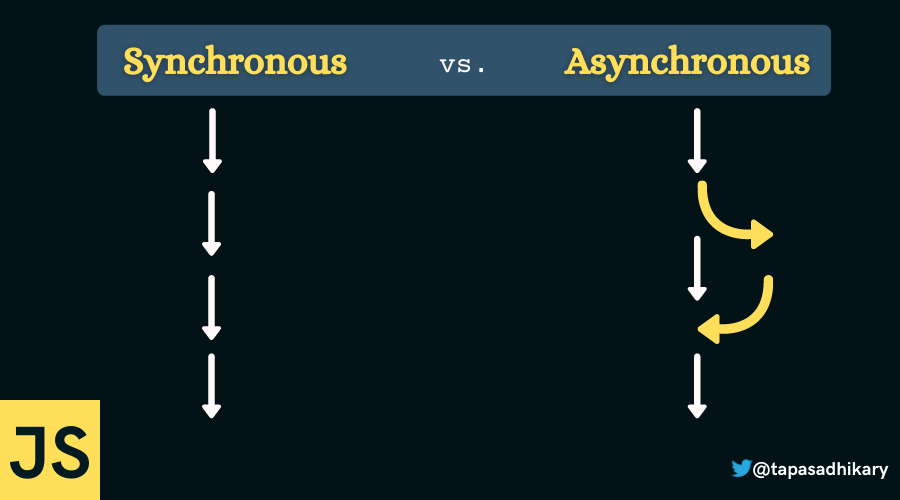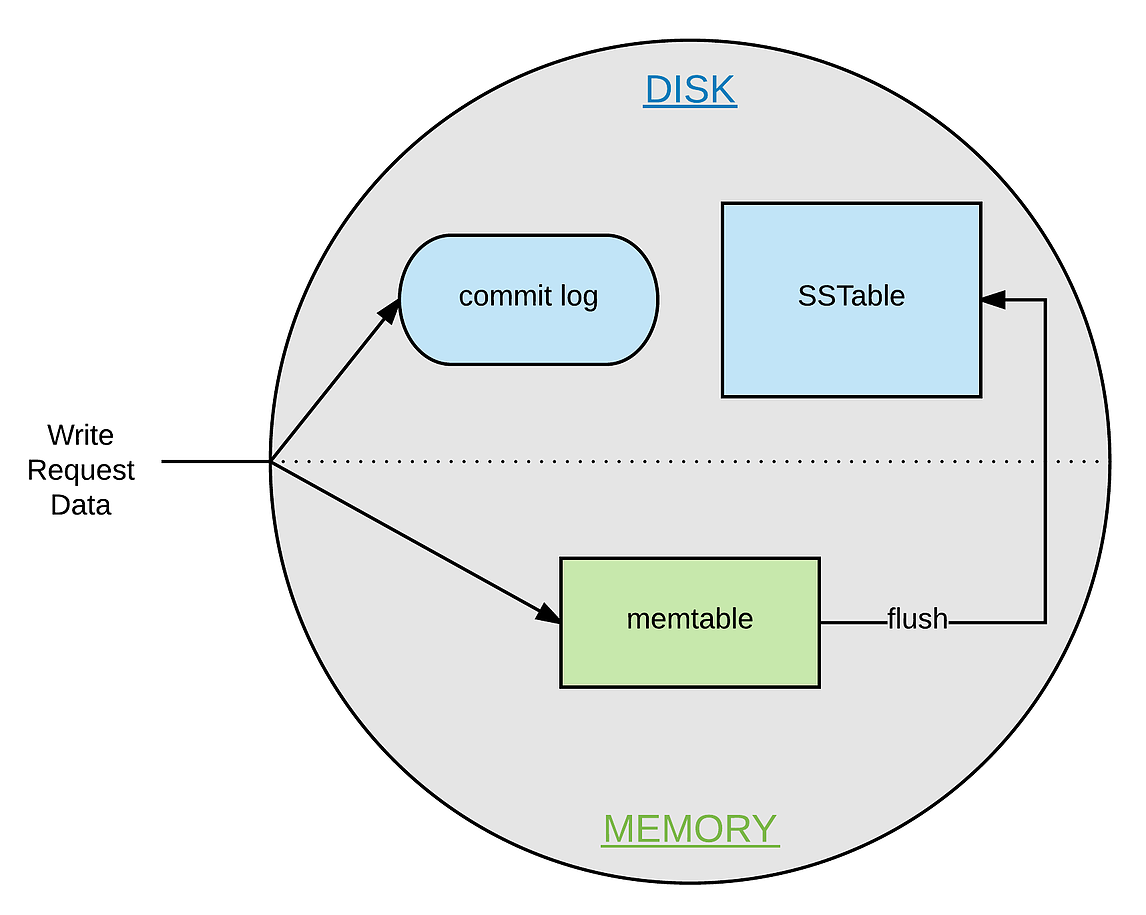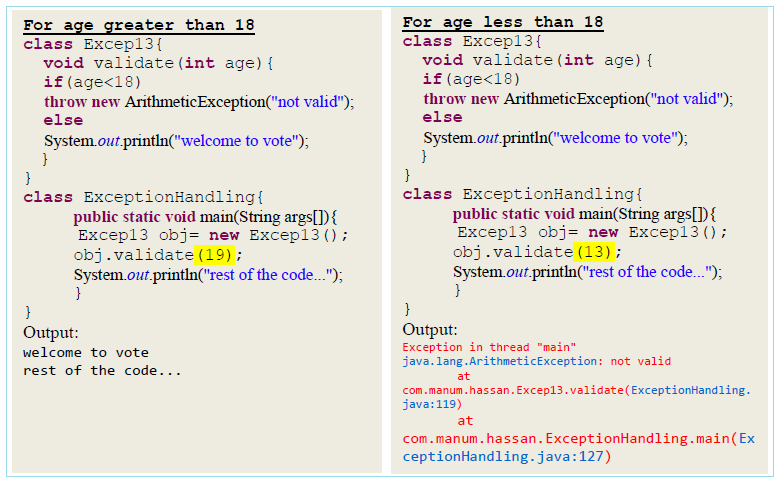What are Java functions called?
What are Java functions called?
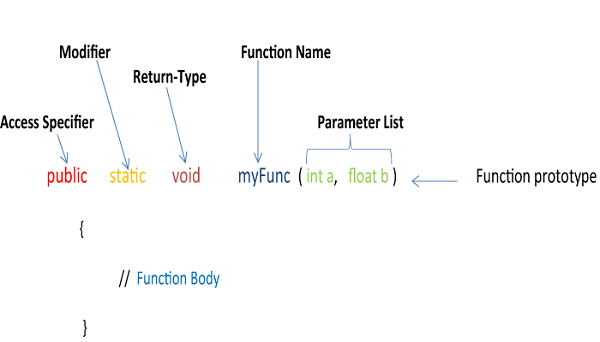
Java functions are typically referred to as "methods". A method is a block of code that performs a specific task, and can take arguments (also known as parameters) to customize its behavior. Methods are essentially self-contained pieces of code that can be executed independently of other parts of the program.
In Java, methods can be used to encapsulate complex logic or algorithms, making it easier to reuse them throughout your application. Methods can also help organize your code by grouping related tasks together.
Here are some key characteristics of Java methods:
Name: Each method has a unique name that identifies it. This name is used to call the method and execute its code. Parameters: Methods can accept zero or more parameters (also known as arguments) when they're called. These parameters are passed to the method as values, which can then be used within the method's code. Return type: Methods can return a value to the caller, indicated by thereturn statement. The returned value is typically a primitive data type or an object reference. Scope: A method's scope defines where it can access variables and objects from other parts of your program. There are several types of scope in Java, including: Local scope: Methods have their own local scope, which means they can only access variables declared within that method (or its enclosing class). Instance scope: Instance methods can access instance variables, but not static variables. Static scope: Static methods can access both instance and static variables. Calling conventions: There are two primary ways to call a Java method: Static method invocation: You can call a static method using the class name, followed by dot notation (e.g., Math.random()). Instance method invocation: You need an instance of the class to call an instance method (e.g., myObject.myMethod()).
Some common types of Java methods include:
Constructors: Special methods that initialize objects when they're created. Getters and setters: Methods that provide read-only or write-only access to object properties (i.e., fields). Utility methods: General-purpose methods that perform specific tasks, such as data conversions or formatting.In summary, Java functions are known as "methods", which are essential building blocks for organizing, reusing, and executing code in a Java application.
Can I create a function in Java?
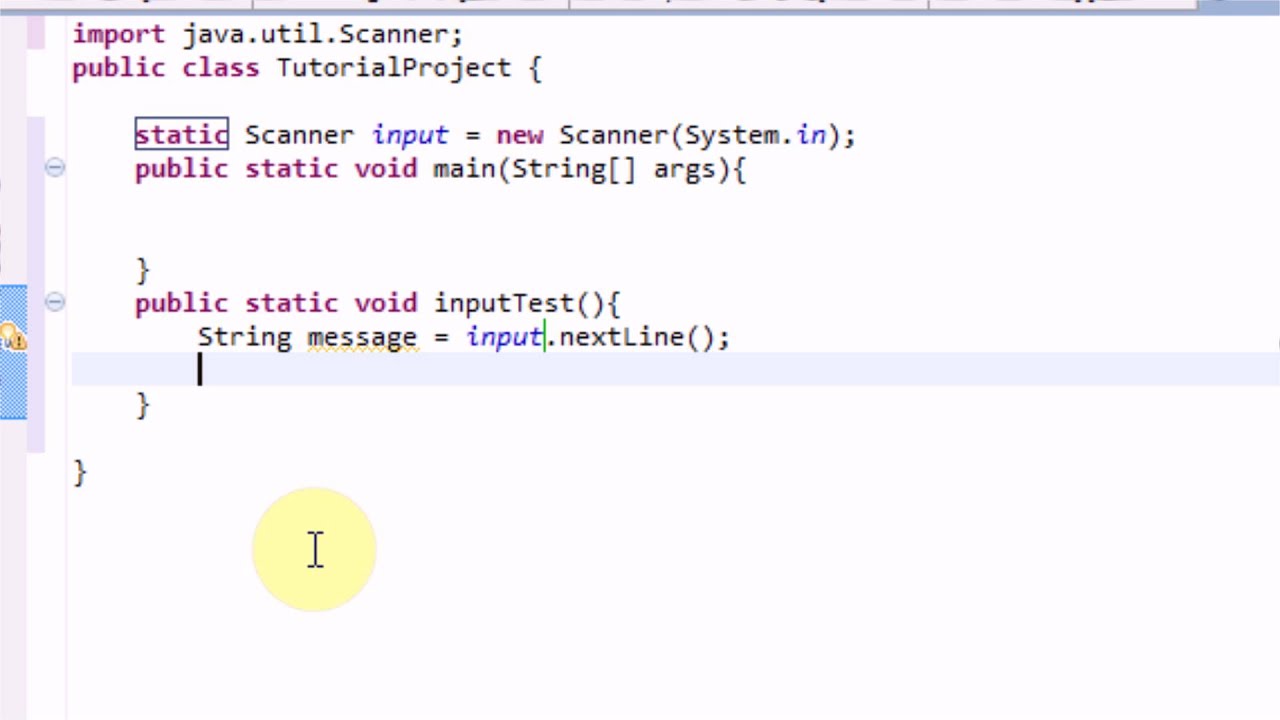
You can indeed create functions in Java! In fact, it's one of the fundamental building blocks of programming in Java.
In Java, a function is also known as a method. It's a block of code that can be called multiple times from different parts of your program. A function typically takes some input (known as parameters or arguments), performs some computation or operation on them, and then returns a result back to the caller.
Here are some key things you should know about creating functions in Java:
Declaring a function: To declare a function in Java, you use thepublic keyword followed by the return type of the function, followed by the function name and its parameters (if any). For example: public int add(int x, int y). Function body: The code inside your function is known as the function body. This is where you write the logic that will be executed when the function is called.
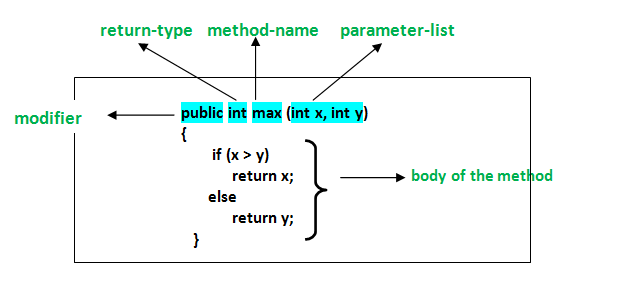
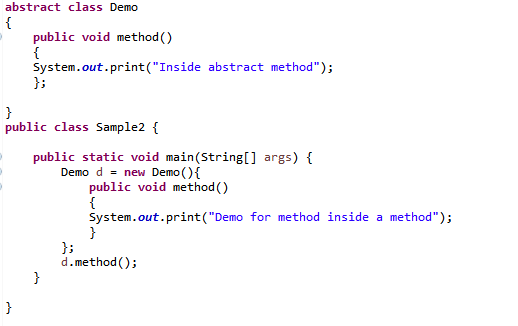
Here's an example of creating and calling a simple function in Java:
public class MyClass {public static int add(int x, int y) {
return x + y;
}
public static void main(String[] args) {
int result = add(2, 3);
System.out.println("The result is: " + result);
}
}
In this example, we've created a function called add that takes two integers as parameters and returns their sum. In the main method, we call the add function with arguments 2 and 3, and print out the result.
Functions can be useful for many things, such as:
Reusing code: By encapsulating a block of code in a function, you can reuse that code multiple times throughout your program without having to duplicate it. Modularizing your code: Functions help keep your code organized by grouping related logic together in one place. Hiding implementation details: When you call a function, you only need to know what the function does (its interface), not how it does it (its implementation). This helps separate concerns and makes your code more maintainable.Overall, creating functions is an essential part of programming in Java, and can help make your code more efficient, readable, and maintainable.
